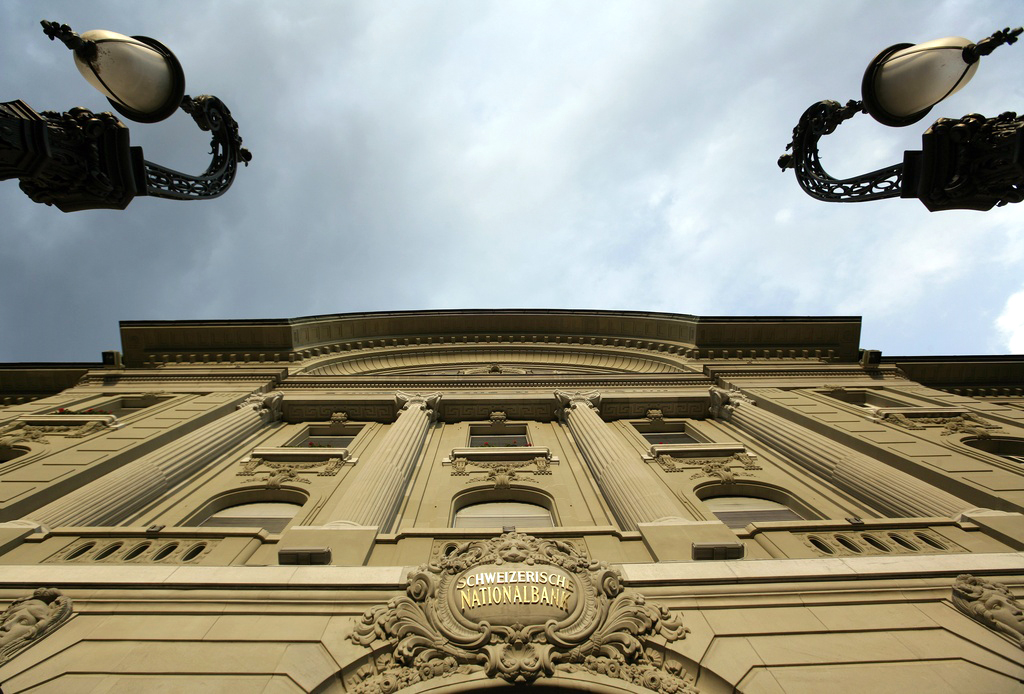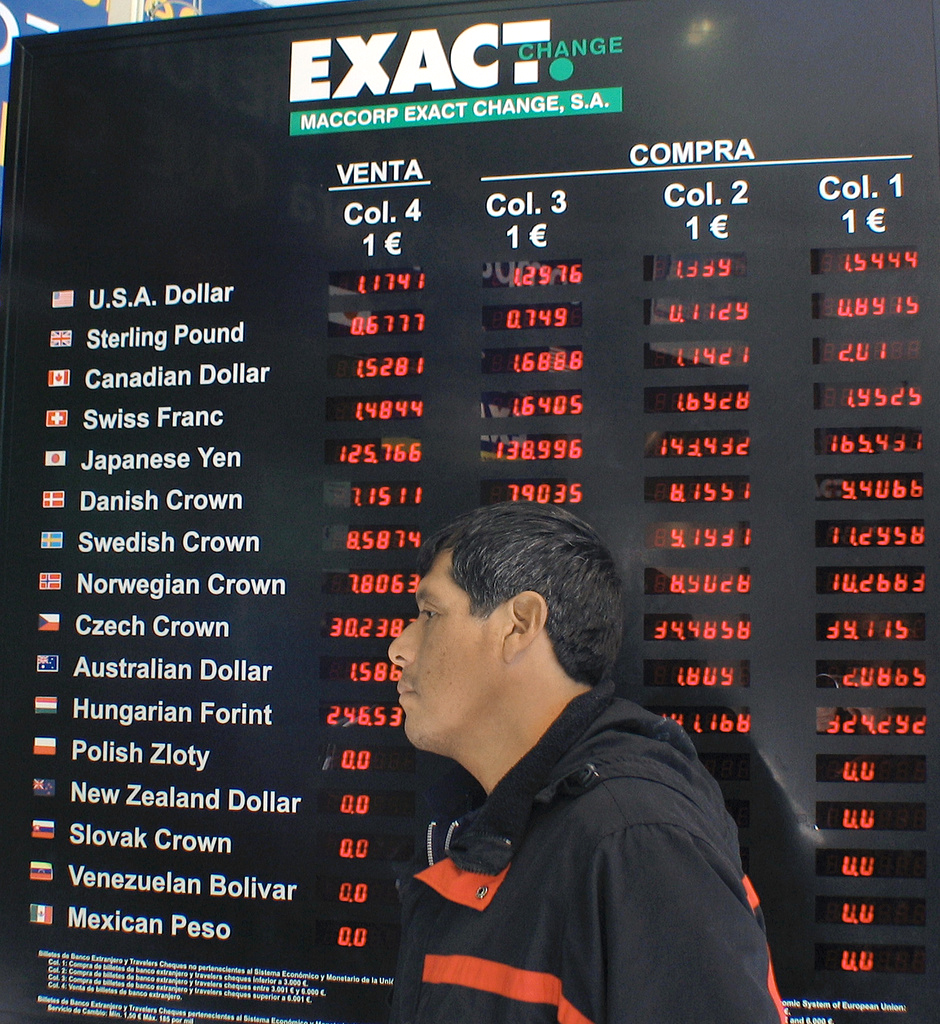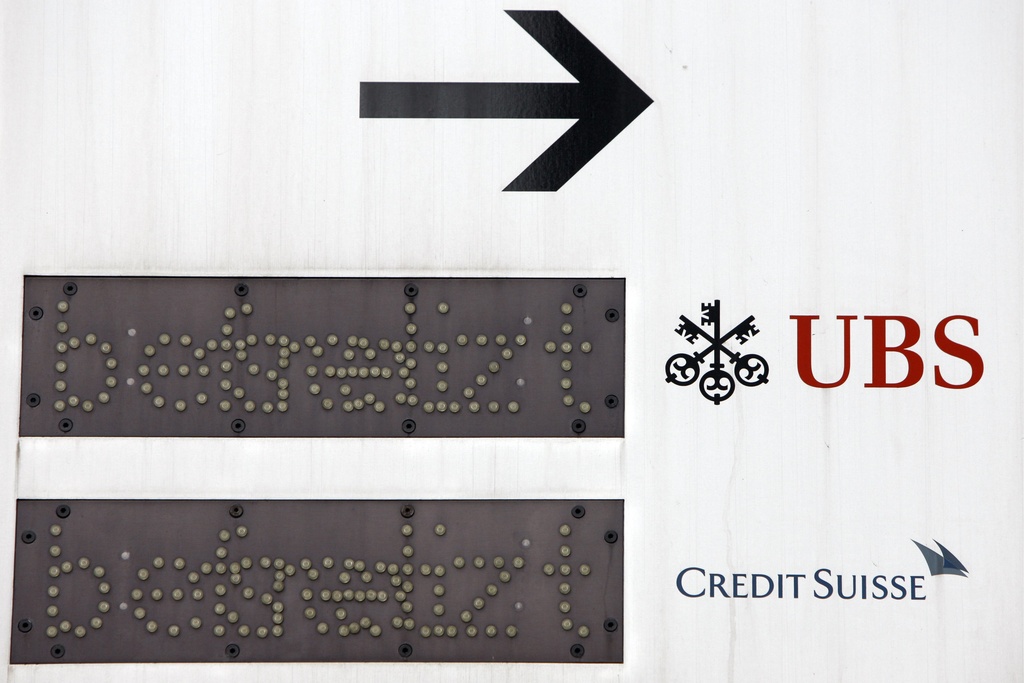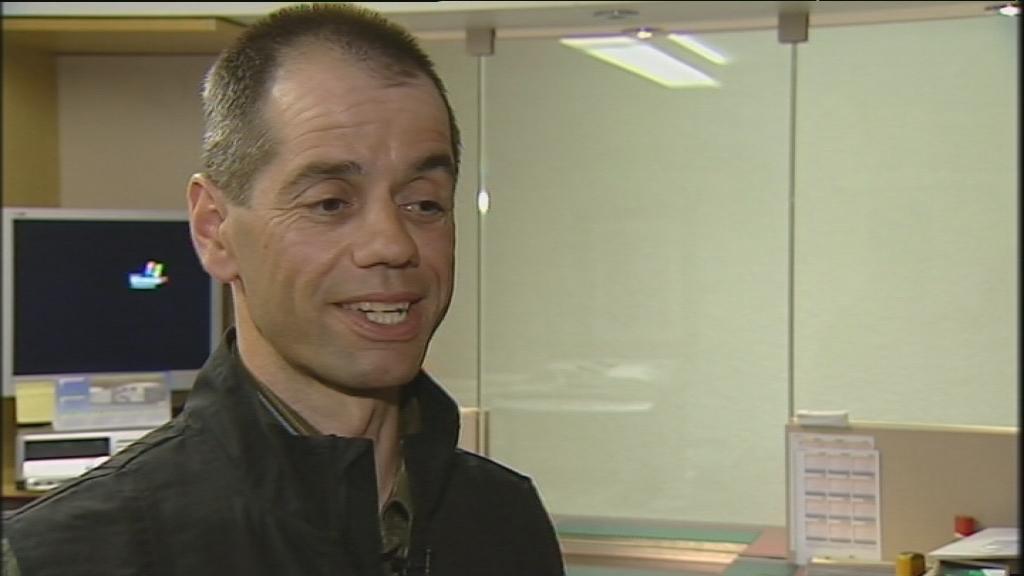Central bank wants greater supervisory clout

The Swiss National Bank (SNB) has called on politicians to award it legal powers to help safeguard against future banking problems leaking into the wider economy.
The central bank wants to become more heavily involved in setting new financial regulations and to have the final say on how much capital banks must set aside to cover risks. The SNB also demanded a mandate to force banks to reveal levels of risk and mortgage lending criteria.
The Swiss Financial Markets Supervisory Authority (Finma) is currently the only body that enforces regulation over the financial industry. But the SNB, as the guardian of the general economy’s health, believes it should have a greater say on the way banks operate.
Speaking at the SNB’s end-of-year news conference on Thursday, vice-chairman Thomas Jordan said it was not enough for the central bank to merely issue warnings about the amount of debt (or leverage) banks rack up to conduct their business.
“Before the crisis, the [SNB] had repeatedly drawn attention to the high leverage of the big banks and warned that their ability to absorb losses was not adequate,” Jordan said. “These caveats did not result in any voluntary change in behaviour.”
“For this reason, it is essential that our set of preventative instruments for financial stability be improved.”
Setting buffers
Jordan pointed out that the financial crisis had directly affected the SNB’s ability to keep the Swiss economy on an even keel in the past two years. The central bank was forced to dramatically slash interest rates and provide emergency liquidity to the financial sector to prevent it seizing up.
Switzerland introduced a range of tough proposals in the past two years to rein back risk taking in the financial sector and strengthen the foundations of banks. Among the measures was a counter-cyclical buffer of reserves banks must build up during good times to service losses incurred when investments turn sour.
“The [SNB] must be able to decide when the buffer is activated and how high it should be,” said Jordan. He added that the SNB should also be given the responsibility to determine which banks (currently UBS and Credit Suisse) are deemed too big to fail.
A continuing area of concern for the central bank is the inexorable rise of real estate prices in the Swiss market. Some areas, such as Zurich and Geneva, have turned into hotspots as demand for prime housing remains strong.
Central bank chairman Philipp Hildebrand revealed that banks are once again reporting increased demand for mortgages, an area that “still requires the full attention of the SNB” to prevent a price bubble.
Finma ready to share load
The issue of sharing responsibility for financial regulation is not unique to Switzerland. The severity of the financial crisis revealed that the problems of banks spread very quickly to the wider economy, affecting businesses and jobs.
Jordan said that Sweden, in particular, has been engaged in the same debate about sharing duties between its central bank and the country’s financial regulatory body.
Last month Finma also published its views on the subject in answer to a parliamentary investigation into the financial crisis. The regulator acknowledged that some aspects of supervision could be ceded to the central bank and asked for politicians to draw up clear lines of separation to prevent both bodies from treading on each other’s toes in future.
“The main point is that collaboration between Finma and the SNB should be closer than it was before,” Finma spokesman Alain Bichsel told swissinfo.ch. “We cannot just look at the microeconomic level, we also have to consider the macroeconomic evolution.”
“But we must be sure about who is responsible for what because there is a certain danger that our separate jobs will not be clear.”
Currency wars
The SNB also gave details of its foreign currency holdings, saying they rose from SFr207 billion ($213 billion) at the start of the year to a current level of SFr280 billion.
Euros accounted for the lion’s share of the assets as the SNB bought up the currency in a vain attempt to halt the appreciation of the franc. But the SNB announced that it had started diversifying its portfolio to include different currencies.
Philipp Hildebrand warned that continuing economic difficulties might put further pressure on the franc next year and that the central bank would be ready to act if the strengthening domestic currency threatened deflationary tendencies.
However, experts remain sceptical about the central bank’s ability to make a difference in the foreign exchange markets having racked up a paper loss of SFr21 billion on previous interventions.
The SNB also announced on Thursday that it was leaving interest rates unchanged. The three month LIBOR rate range was unchanged at 0.0-0.75% with a target rate of 0.25%.
The central bank altered its inflation prediction to 0.7% for 2010 (unchanged from September forecast), 0.4% in 2011 (0.3% in September) and rising to 1% (1.2%) in 2012.
Hildebrand said the current expansionary monetary policy would be maintained in the short term but hinted that interest rates would rise as inflation picks up again.
He added that the inflation forecast contained a “high level of uncertainty” due to the volatile nature of the global economy.
The SNB predicted a 2.5% growth in gross domestic product in Switzerland this year, falling to 1.5% in 2011.

In compliance with the JTI standards
More: SWI swissinfo.ch certified by the Journalism Trust Initiative






You can find an overview of ongoing debates with our journalists here. Please join us!
If you want to start a conversation about a topic raised in this article or want to report factual errors, email us at english@swissinfo.ch.